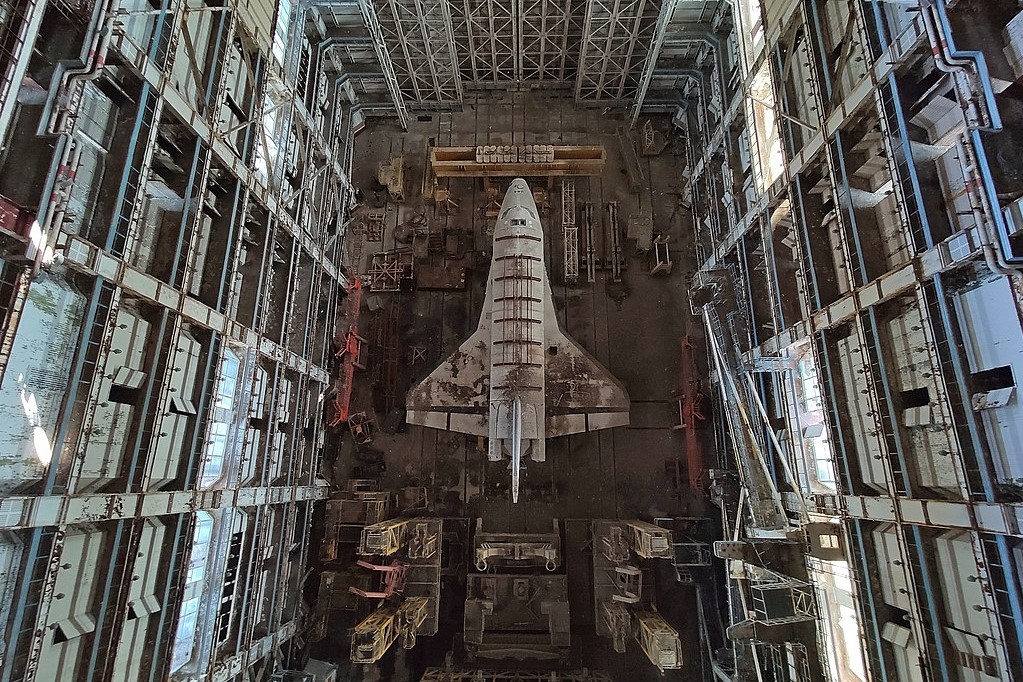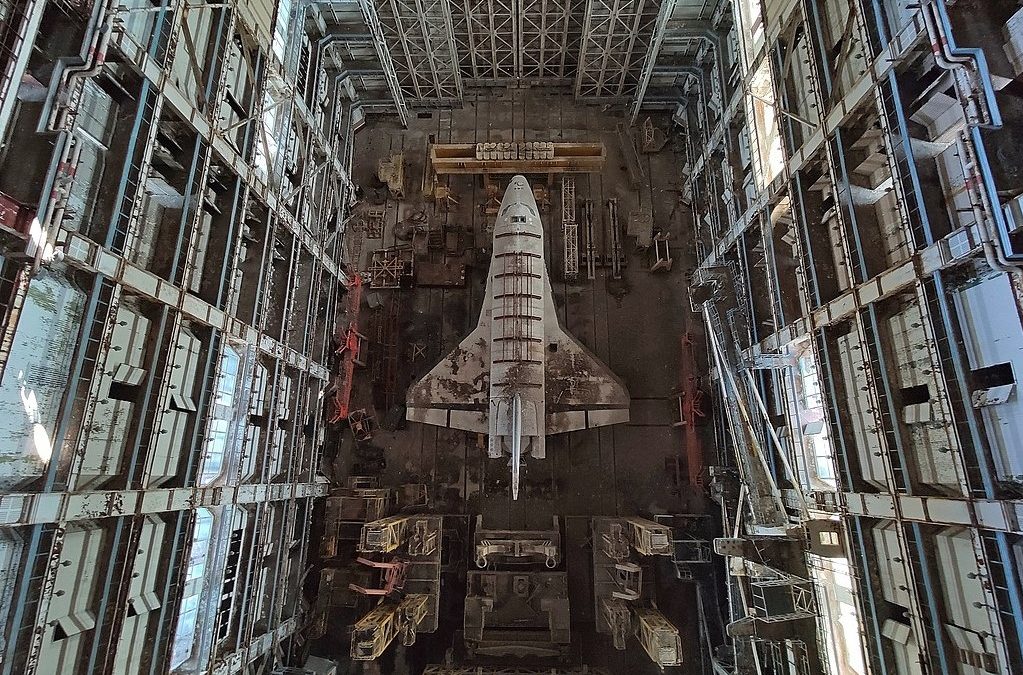
The End of Industrial Society
From my article in Palladium Magazine:
Recognizing the unique signs of a possible civilizational collapse, rather than being blindsided by it, requires a bold thesis as to what the core engine of our civilization is. Without a clear and correct theory of what makes our civilization function, signs of decay will go unnoticed or rationalized, rather than recognized.
Every civilization rests on a core stack of social technology that coordinates and sustains its vital institutions. Social technologies—intentionally designed ways for the people in a society to operate—form the basis of the varied systems of material production and material technology that we see in every society. These social technology cores decay with time as they obsolete their own foundations, and as errors and parasitism build up. This decay can be circumvented, and the decaying core social technologies can be swapped for new ones, but this is a process of immense historical difficulty. What, then, is the core engine of our own civilization, and in what way might it decay? While we lack an incontrovertible answer, the Industrial Revolution appears to be a leading candidate.
Such a thesis would have been very current during the 19th century and most of the 20th, but today sounds increasingly antiquated. We often define our 21st-century civilization, in opposition to the Industrial Revolution, as “post-industrial.” When the world’s most influential economist borrows the name to argue for a “Fourth Industrial Revolution,” he does not characterize it by yet more advanced and productive manufacturing. Instead, he distinguishes it by computer networking, artificial intelligence, and other “emerging technologies.” The seemingly basic association of industry with the mass production of material goods has been severed; factories are treated as evidence of backwardness rather than progress. Simultaneously, we lament the rising power of China, a power substantially if not totally built on old-fashioned industrial strength.
These contradictory attitudes betray the claims about our next stage of societal progress as more wish-fulfillment than impartial certainty. Yet at the same time, despite the popularity of apocalyptic visions of the future, we are certainly not regressing to the kind of agricultural or even tribal societies that characterized the pre-industrial era. A truly “fourth” Industrial Revolution would imply the sudden emergence of a whole new stack of social technologies, unlike any we have seen before. These would form the new core engine of our civilization. Does the “internet of things” really pass this bar? The question answers itself.
Post-industrial society is neither the next vaunted stage of human progress, nor the prelude to a catastrophic reversion to pre-industrial ways of life. Our social technologies have not been upgraded in the wake of the Industrial Revolution’s conclusion; they have been exhausted before we even finished industrializing.
Read the rest here.





